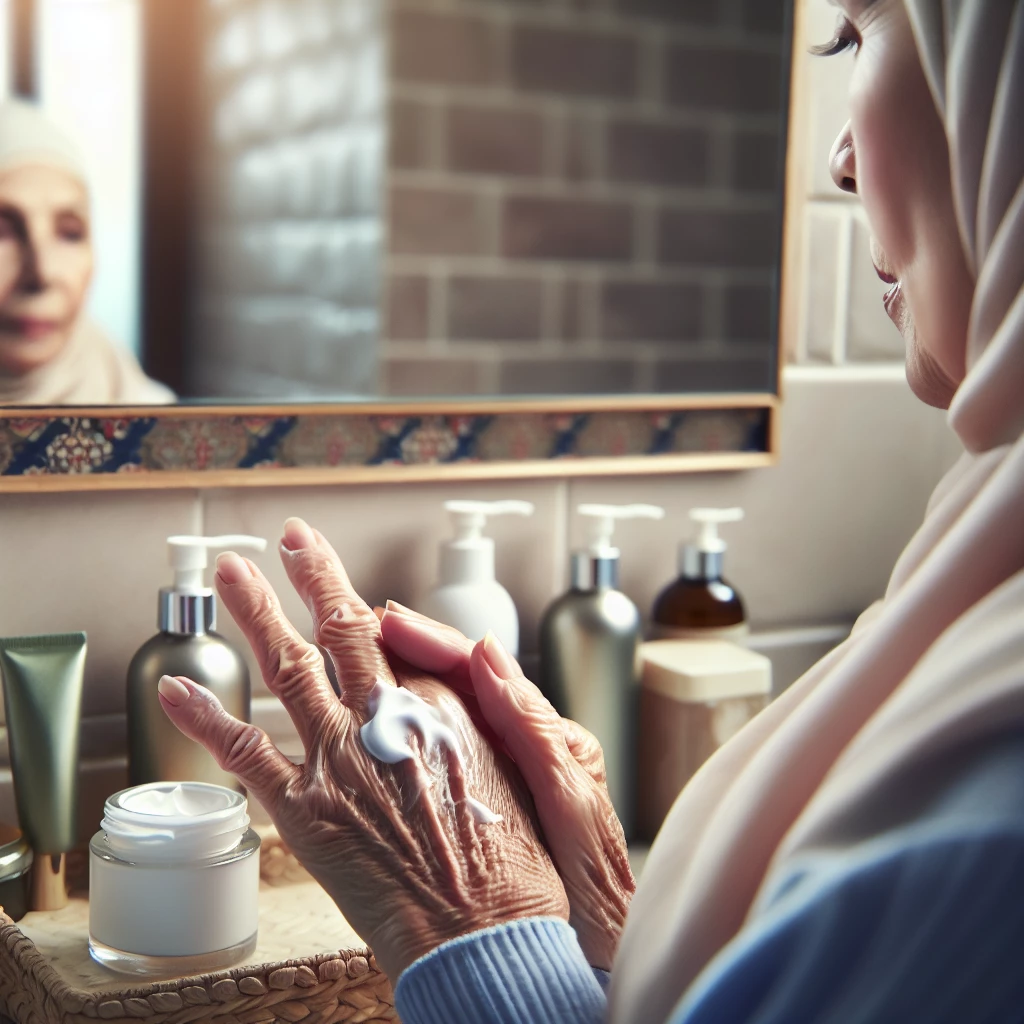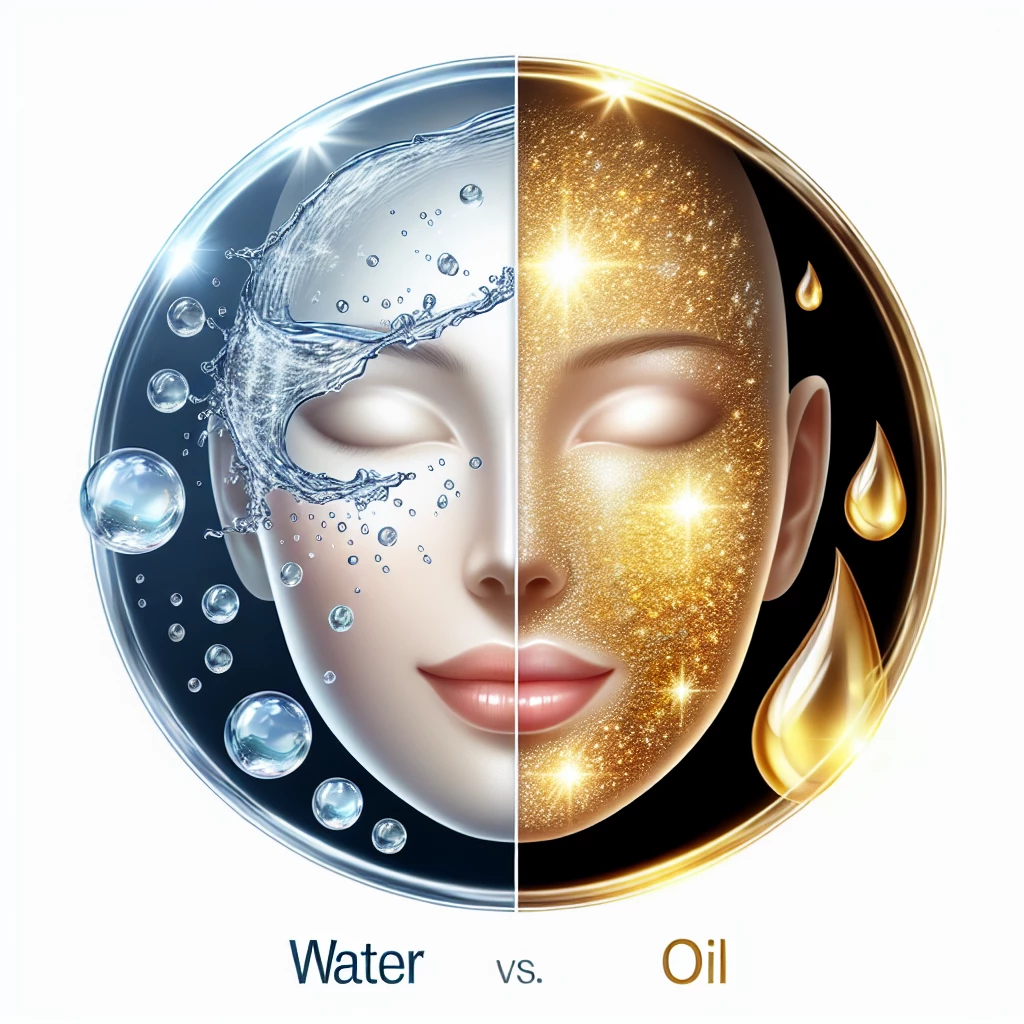When it comes to refreshing skin and achieving a brighter look, exfoliation should be a key step in every beauty regimen. Clearing away dead skin cells, exfoliation promotes skin renewal, allowing new, vibrant cells to shine through. Yet, understanding how and when to exfoliate can be a minefield of contradictions and confusion. This guide, Exfoliation 101: Clearing the Surface, serves to dispel the myths and provide clear, actionable advice on achieving a well-exfoliated, radiant complexion.
Understanding Exfoliation
Exfoliation is a skincare process designed to remove dead skin cells from the surface of your skin. These cells can cause your skin to look dull and may even contribute to breakouts. By regularly exfoliating, you're promoting skin renewal and allowing your skin to appear brighter and more radiant.
There are two main types of exfoliation: physical and chemical. Physical exfoliation uses tiny granules to manually remove dead skin cells. Think of it like a microscopic scrub brush for your face. Chemical exfoliation, however, uses acids or enzymes to dissolve the bonds holding dead skin on the surface. Neither type is inherently better than the other; the best choice depends on your skin type and concerns.
Over-exfoliation is a common concern. It can lead to irritated, red, or dry skin. Despite the potential downsides, when done correctly, exfoliation can greatly improve the health and appearance of your skin. It can minimize the appearance of pores, even out skin tone, and decrease the occurrence of breakouts.
Choosing the Right Exfoliation Method
Your skin type plays a huge role in determining which exfoliation method will work best for you. Sensitive skin types might prefer chemical exfoliation, as the process is typically more gentle than its physical counterpart. For those with oily or combination skin, a physical exfoliant could be more effective at battling unwanted shine and improving skin texture.
It's not enough to just pick a method of exfoliation. The frequency with which you exfoliate also factors into the health of your skin. For most people, exfoliating two to three times per week is ample. However, those with sensitive skin may need to reduce this frequency. Those with particularly resilient skin might benefit from daily exfoliation.
Regardless of your skin type or chosen method, keep in mind that any exfoliation is better than none. Dead skin cells can accumulate over time, causing a dull complexion and clogged pores. By implementing regular exfoliation into your skincare regimen, you promote skin renewal and refresh your skin, leading to a healthier, brighter complexion.
Exfoliation and Other Skincare Products
Beyond the act of exfoliation itself, the products you choose to use alongside it can also have a significant impact on the success of your skincare routine. For instance, applying a hydrating serum or deeply nourishing moisturizer after exfoliating can deliver much-needed hydration and help soothe any potential irritation.
On the other hand, certain types of skincare products don't play nicely with active exfoliation. For example, retinol, a popular anti-aging ingredient, can cause skin to become more prone to sensitivity and irritation when combined with exfoliation. If you're using products with this ingredient, it might be best to separate your exfoliation and retinol application, alternating them on different days.
Gauging how your skin reacts to different products and exfoliation methods can help you fine-tune your skincare regimen for optimal results. Remember, everyone's skin is different, so don't be discouraged if it takes some trial and error to find what works best for you.
Exfoliation is a key component of any effective skincare routine, one that promotes skin renewal and leads to refreshing and brighter skin. By understanding its purpose, choosing the right method for your skin type, and knowing how it interacts with other skincare products, you can make the most of this crucial step. Whatever your skin type, give it the attention it deserves with regular, mindful exfoliation. After all, your skin is the canvas to your beauty masterpiece, and every masterpiece starts with a clean, clear surface.

Age Gracefully: Mature Skin Care
Delve into the changes that come with aging skin and the best practices to ensure its health and vitality.

Vitamins for Victory: Skin Nutrients
Discover the key vitamins that contribute to skin health and the best ways to incorporate them into your skincare routine.

Exfoliation 101: Clearing the Surface
Dive into the process of exfoliation, uncovering its benefits and learning how to properly exfoliate for brighter, smoother skin.

Skin Hydration: Water vs. Oil
Get insight into the importance of hydration in skincare routines and understand the difference between water-based and oil-based products.